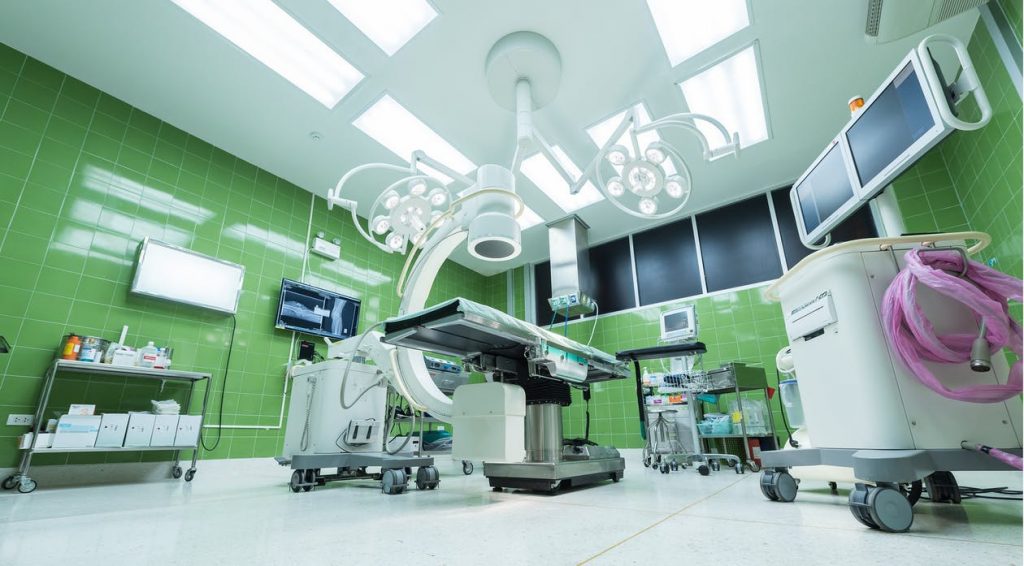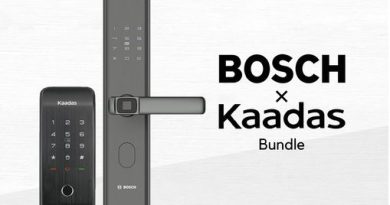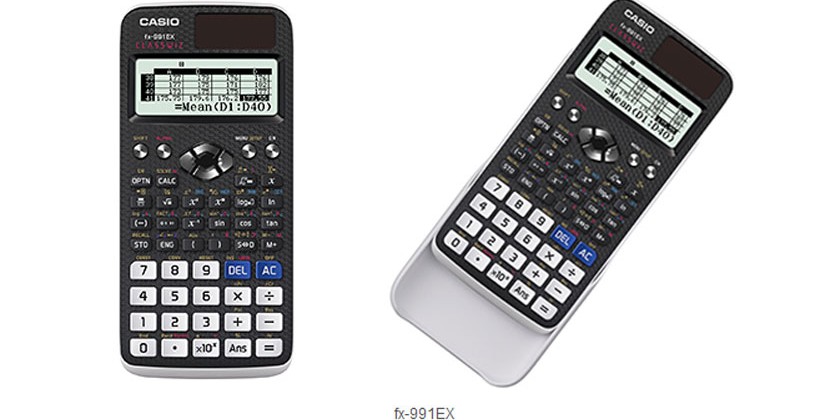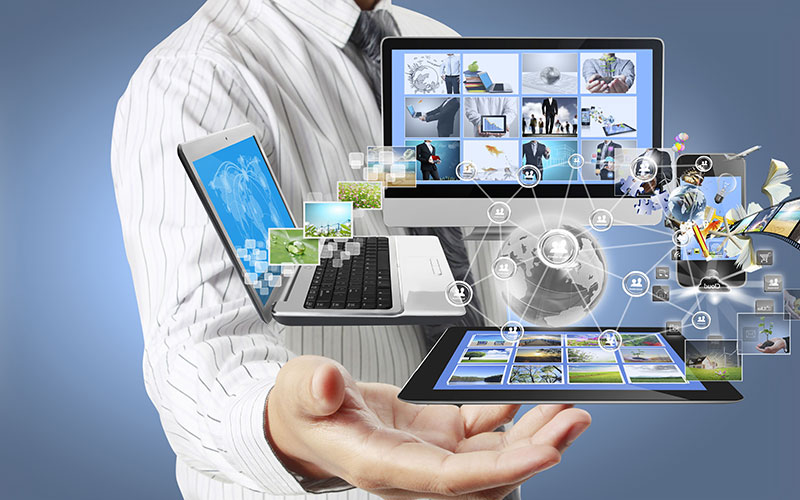The Medical Technologies Hospitals Depend On Most
The importance of technology in medicine is now more obvious than ever. Luckily, thanks to the incredible talent and skill of countless medical experts, our hospitals are equipped with a wide variety of technologies we could no longer live without.
While there is still a long way to go when it comes to understanding how to manage, treat and cure the hundreds of existing medical conditions, the technology that exists today plays a vital role in the life-saving duties of those in the healthcare industry.
Here are just a few of the medical technologies that hospitals depend on the most:
- Online medical records
It’s impossible to think where today’s doctors would be without the Cloud. Storing essential patient medical data online allows professionals to access relevant information with just a few clicks of a button – no more flicking through pages of pages of old notes in urgent situations. The Cloud can help to reduce healthcare costs and prevent epidemics, as well as enable doctors to provide better support to the patients, avoiding preventable deaths and improving quality of life.
- Ventilators and respirators
During this current pandemic, hospitals are now relying on ventilators and respirators to help Covid-19 patients stay alive. These pieces of life-saving equipment use oxygen sensors to determine how much of a gas to feed to a patient. This ensures a patient’s lungs can continue to take in the correct amount of oxygen needed for survival. Visit www.sensoronics.com for more information about oxygen sensors.
- MRI scanners
Medical professionals are not magicians – they can’t see inside a patient’s body without the help of technology. The MRI scanner is a particularly useful machine that uses magnetic and radio waves to get a detailed look at organs and other areas inside the body. This can help a doctor to diagnose a disease or injury, and implement the most effective treatment for the patient going forward. They’re particularly useful for the examination of the spinal cord and brain.
- Smartphones and tablets
The last five-plus years have seen a huge increase in the popularity of smartphones, tablets and other applications that are now essential in all areas of use. They’re a fantastic source of information for doctors and other medical professions, and within a hospital setting, they’re all within close reach. There are several smartphone apps that are designed specifically for use by physicians, which can help them to fact-check, stay organized and jot down important notes.
- Ultrasound devices
Ultrasound is similar to MRI in that it creates an image of an area inside a person’s body without needing to resort to invasive techniques. It produces high frequency pulses of sound that travel into your body, before being reflected back out and translated to a machine. This can be used to diagnose injuries or illnesses that cause pain or swelling, but cannot be diagnosed from an external examination. It’s also used to confirm pregnancy and check up on the unborn foetus.




